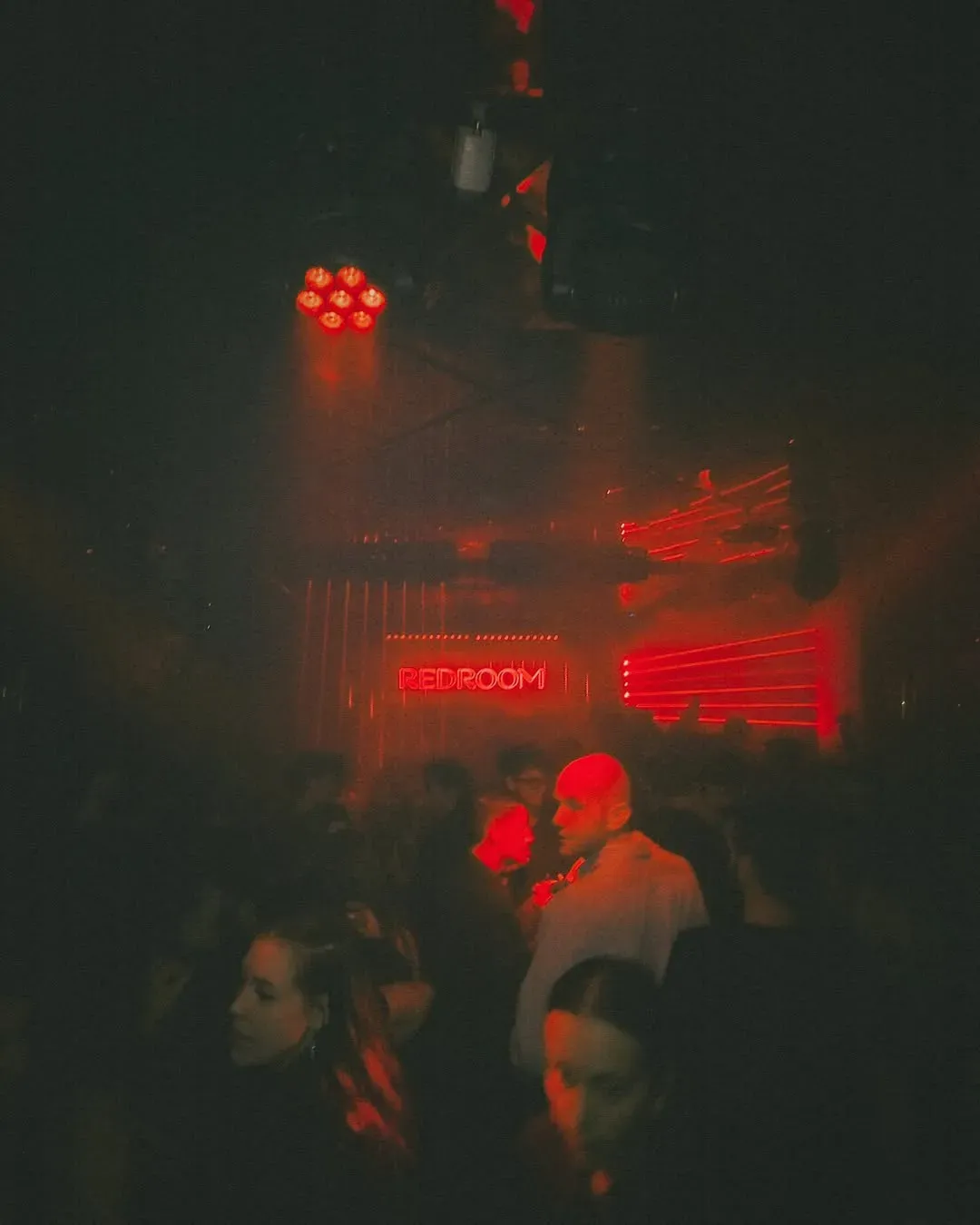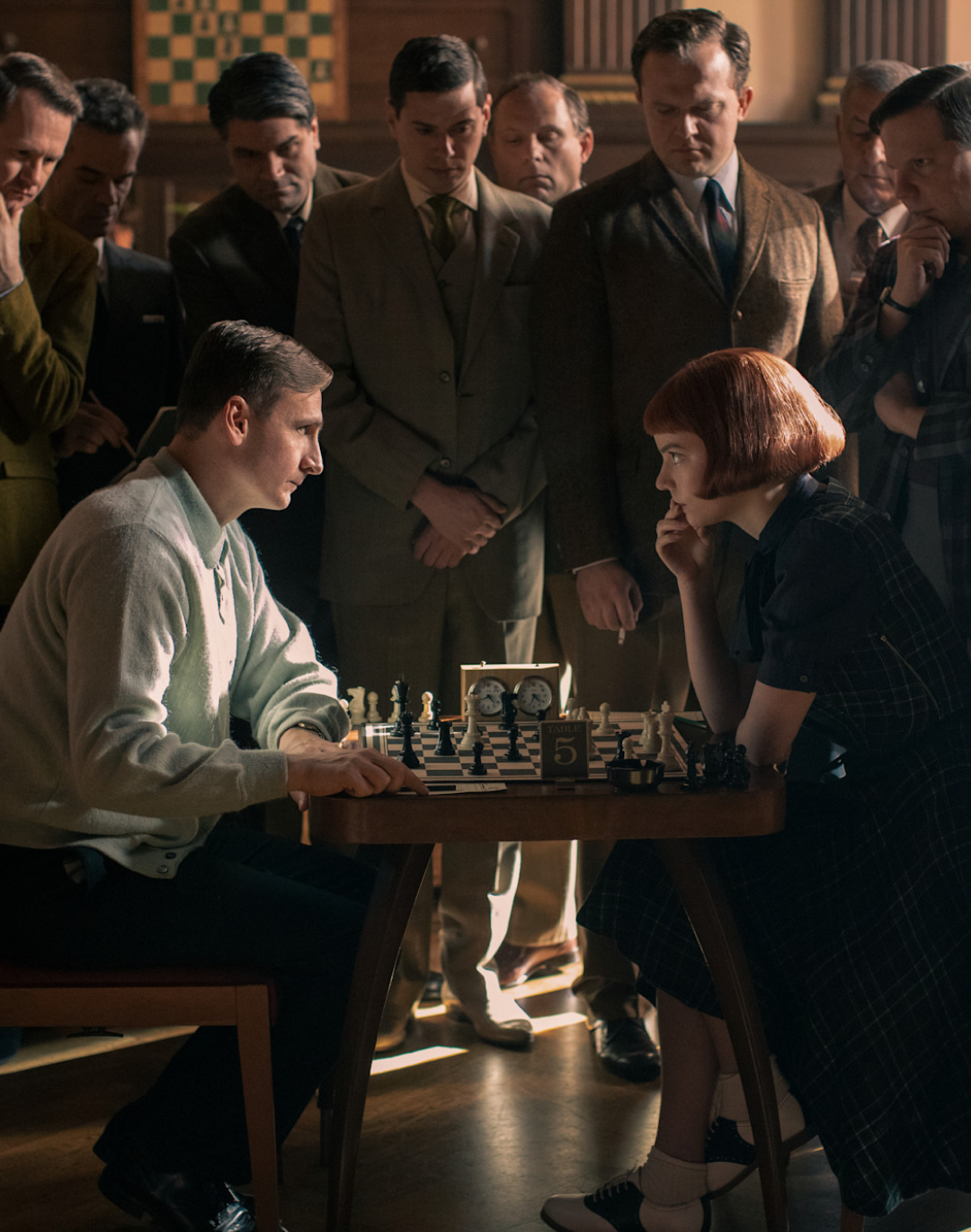
Franco Battiato, the most transversal artist in Italian music What the disruptor of the 70s left us became an icon of pop culture
A problem of Italian pop culture is that often the careers of its protagonists extend for two or three decades too long, living "on the fat of the land" for years and abusing the patience of entire generations. In the midst of a sea of artists who could be forgotten or who were supposed to retire in the mid-1990s, however, Franco Battiato was the most excellent of the exceptions. The Sicilian artist, who had debuted in the 70s, did not have a conventional career: if many singers live for years in the shadow of their artistic-creative climax, Battiato has been able to remain relevant for years thanks to his experimental and transformist music that has influenced generations to come. To give an example of everyone, one of the most recent iconic moments of his career was the performance of Voglio vederti Danzare at the Club to Club of 2014 – a performance that any other artist, at the age that battiato had at the time, would not simply have been able to pull out and that instead, remixed for a club, sounded like a perfectly modern hit. It is from this performance that one understands the secret of the success of his music: not only that of knowing how to unite genres, but that of uniting generations.
Battiato's career has been multifaceted, to say the least, but it can be divided into an experimental phase, completed in 1979, and a national popular one that went on throughout the 1980s. The division actually functioned as an exhibition device because these two phases were like communicating vessels: the first was that of prog-rock, of the outfits out of his mind by David Bowie from Catania, of that electronics that screeched so much to the ears of our grandparents and that instead seems so current to us; the second phase was that of pop, overflowing arenas, dancefloors. His pop, however, has never been linked to the conventions of a genre, it has been a reference framework for an absolutely complex and layered type of music art but at the same time accessible and universal. And although his very first records remained semi-ignored at the time of their release, today they were rediscovered as the chest of musical innovation that they actually are.
His main merit, in the European music scene, was to have brought electronic music out of the difficult Stockhausen and John Cage repertoires and inside Italian radio, opening the doors of a new genre for a whole generation. At a time when electronic experimentation was relegated to niche artists such as Gershon Kingsley, Kraftwerk, Tangerine Dream, Isao Tomita and Jean Michael Jarre, a time when there was no streaming and it was difficult for artists in one country to discover those of another, Battiato created a new genre of music in a cultural landscape that offered him no precedent or instruments – and laid the foundation for a musical legacy that still lasts.
The most shocking fact of Battiato's production is its transversality: it is an icon of tradition but also an experimenter, it is a singer-songwriter-poet but also a pioneer of clubbing, it is loved by parents who danced it as a young man and by young people who still dance it now, it is remembered as "The Master" but also as the transformist with mega-hairstyle and out-of-mind outfits, he wrote La Cura in '96 collaborating with a literal philosopher and after thirty years of career but also went to the Festivalbar and Club to Club on the threshold of 70 years, had colleagues but had no peers. Just because it is no longer there, Battiato will not cease to be an example and an influence for entire generations of Italian and international artists as it has been in the last 50 years.








































































